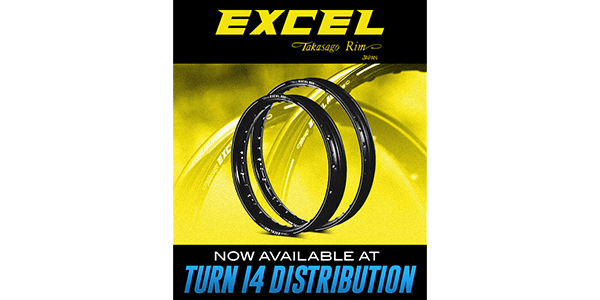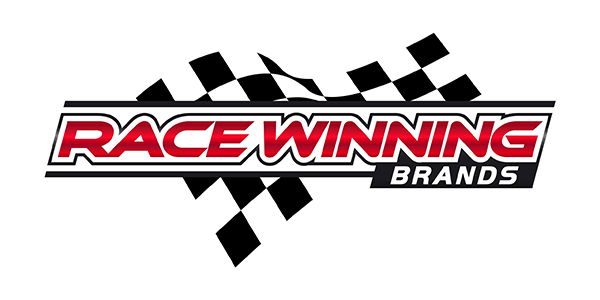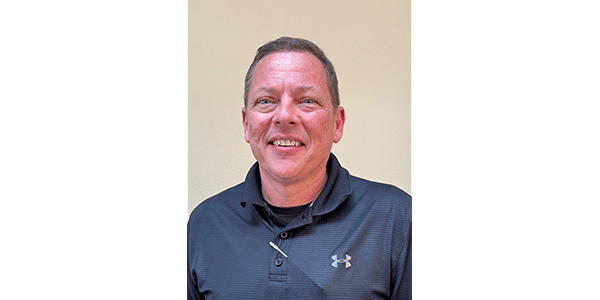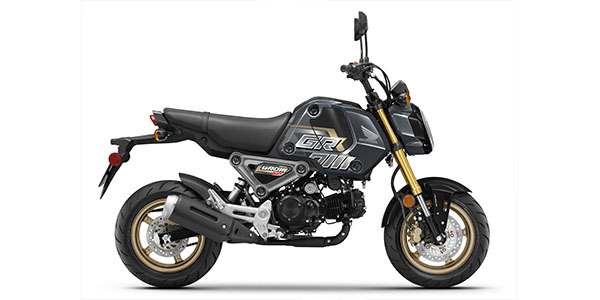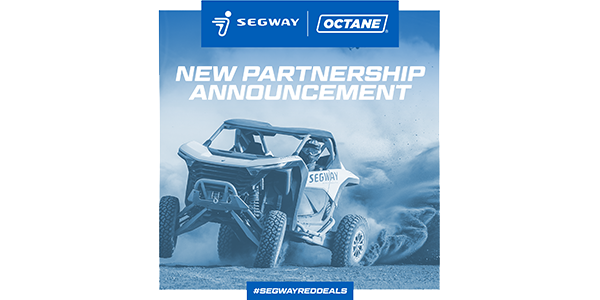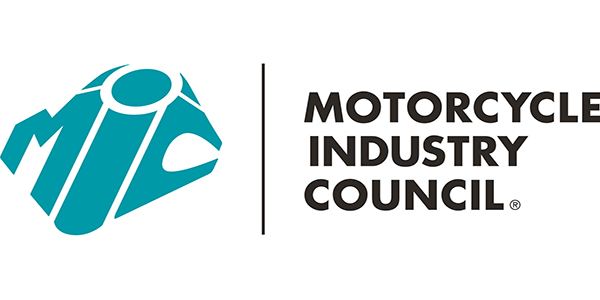
All-terrain vehicle injuries have declined significantly from 2007 through 2013 according to the U.S. Consumer Product Safety Commission (CPSC). The CPSC 2013 Annual Report of ATV Deaths and Injuries, reports:
“When considering the entire seven years together (2007−2013), CPSC staff found a statistically significant decreasing linear trend [for ATV-related injuries].”
The report also found that estimated ATV-related fatalities have declined each year from 2007 through 2013, but noted that data collection for 2010-2013 is ongoing.
In this latest report, CPSC has again confirmed (as it did in its 2011 and 2012 Annual Reports) that the decline in injuries “reflect a change in the trend direction for ATV-related injury estimates” and that for the years 2007 through 2013 “the number of injuries per year has gone through a statistically significant decline.” The report also found injuries involving children younger than 16 has declined 37.5 percent from 2007 to 2013.
In its previous annual reports, CPSC had reported an 11-year consecutive decline in the risk of injury. It is highly likely that, if CPSC had continued these studies, it would again have found a decrease in the risk of injury given the other information contained in the report. The 2012 CPSC report shows the risk of injury per 10,000 four-wheel ATVs in use had declined by more than 50 percent between 2007 and 2012, which was lower than at any time since CPSC began calculating injury risk in 1985. However, CPSC declined to report on this statistic citing a lack of recent exposure studies.
“Member companies of the ATV Safety Institute (ASI) are committed to continuing to work to further reduce ATV-related fatalities and injuries through rider education programs, raising awareness regarding the importance of parental supervision, and continuing to advocate for ATV safety state legislation,” said ASI President and Chief Executive Officer Tim Buche.
“Since 1984, the major manufacturers and distributors of ATVs in the United States have worked closely with the CPSC to implement ongoing safety initiatives. We appreciate the CPSC’s cooperation in these safety efforts, including the agency’s creation of the
www.atvsafety.gov website that helps increase awareness about ATV safety.”
Initially in 2008 and most recently in 2011, the industry’s voluntary ANSI/SVIA vehicle standard was made mandatory. Federal legislation requires all ATV manufacturers and distributors, regardless of where the product is manufactured (imported or U.S.), to adhere to the same safety standards and training programs established and followed by the ASI member companies for more than two decades. This includes newer companies in the U.S. market that had previously elected not to participate in safety programs developed by established manufacturers and in some cases targeted inappropriate models to youth riders. Under the legislation, all ATV manufacturers now must certify that their products conform to the mandatory standards, and file safety action plans with the CPSC.
The ATV industry is committed to the safety of its customers and will continue to promote and enhance its multi-tiered efforts to increase awareness of the proper operation and use of ATVs. Unfortunately, more than 92 percent of ATV-related fatalities involve one or more behaviors that the industry strongly and visibly warns against in its rider education programs, in all its literature, and on the vehicles themselves.
 All-terrain vehicle injuries have declined significantly from 2007 through 2013 according to the U.S. Consumer Product Safety Commission (CPSC). The CPSC 2013 Annual Report of ATV Deaths and Injuries, reports:
All-terrain vehicle injuries have declined significantly from 2007 through 2013 according to the U.S. Consumer Product Safety Commission (CPSC). The CPSC 2013 Annual Report of ATV Deaths and Injuries, reports:

